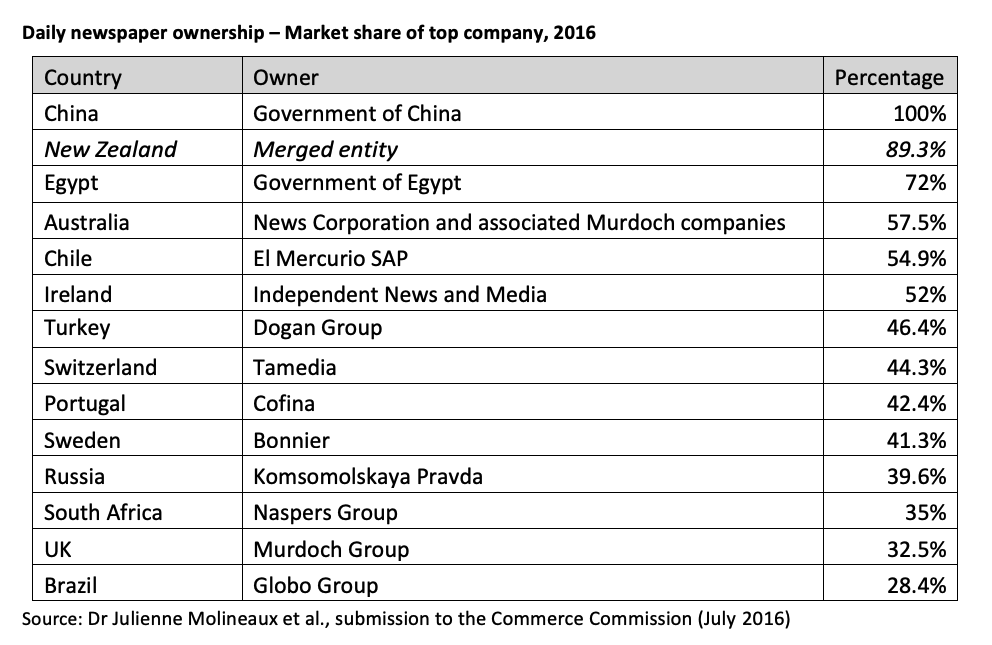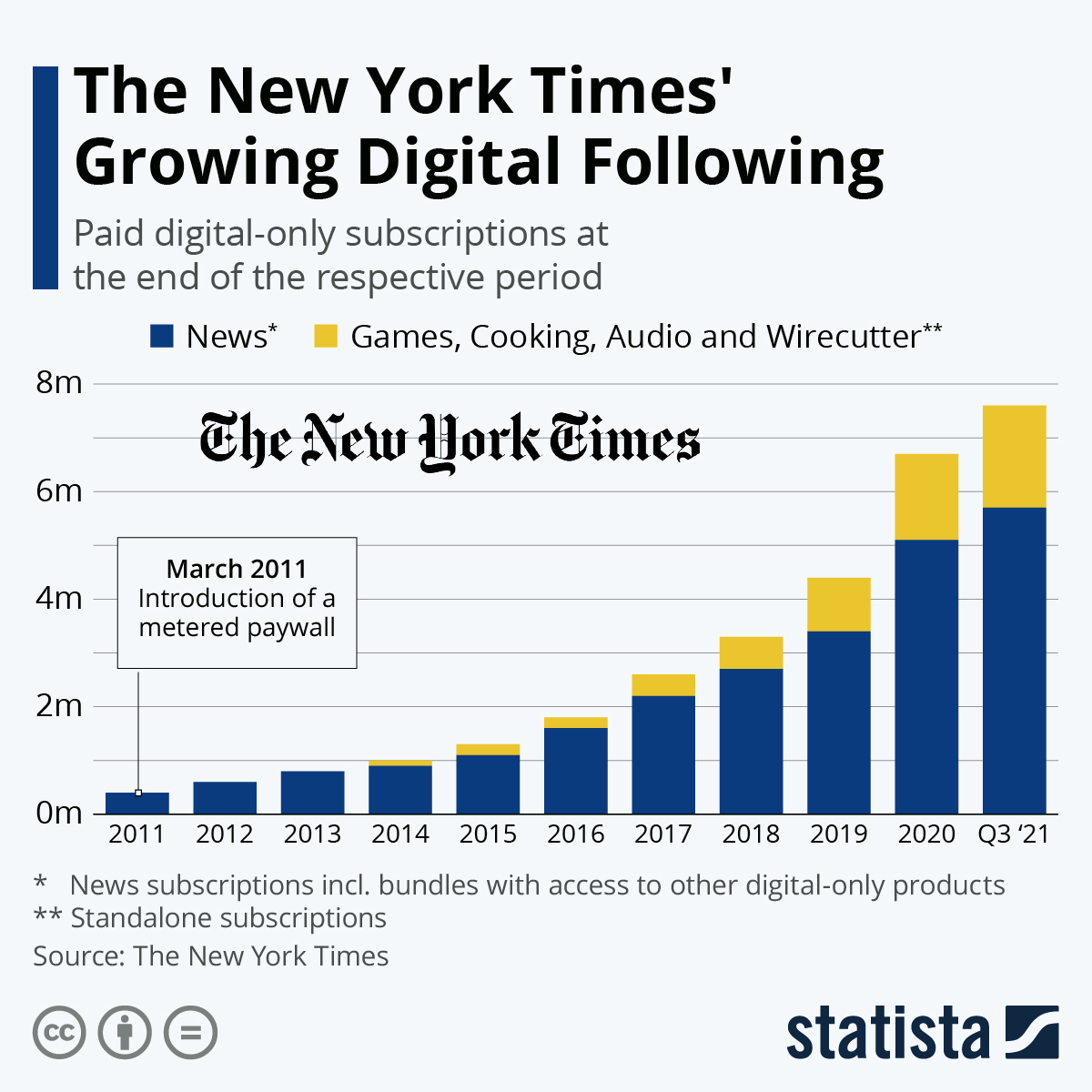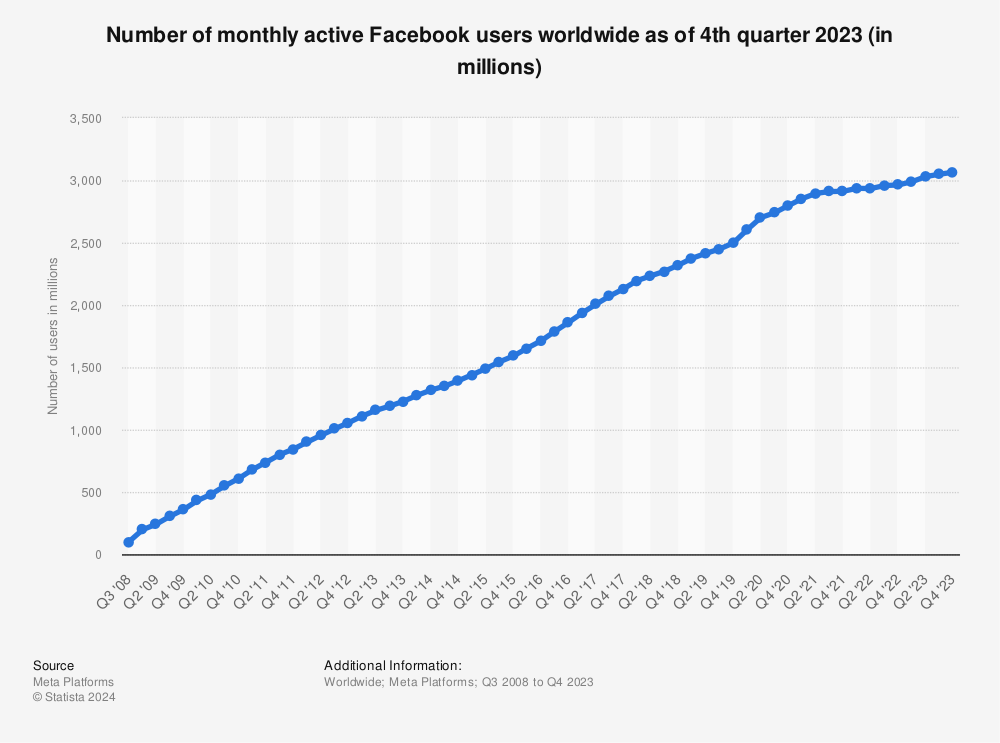Published:
Facebook recently shut down posts by Australian “news” organizations on its platform.
The new proposed law, called the Media Bargaining Code is targeted squarely at both Google and Facebook in the first instance. More recent information about the actual law is here.

The Q&A document provided by the ACCC says that the reason this is necessary is:
The code seeks to address the fundamental bargaining power imbalance between
Australian news media businesses and major digital platforms. This imbalance has resulted
in news media businesses accepting less favourable terms for the inclusion of news on
digital platform services than they would otherwise agree to.
While bargaining power imbalances exist in other areas, the bargaining power imbalance
between news media businesses and major digital platforms is being addressed as a strong
and independent media landscape is essential to a well-functioning democracy.
And I wonder whether this is true?
One news site that I subscribe to is the New York Times. Others are the Washington Post, the Economist, and, while not strictly speaking a news site, The New Yorker.
So I thought I’d dig to see what the health of the New York Times subscriber base was, compared with that of Facebook. Statista is a nice site that generally makes its data plots available under the creative commons license, and I’ve included two of their plots below.
</a> You will find more infographics at Statista</em></p> White it's hard to say anything too specific about this, my first impression is that the New YorK Times (NYT) is doing *better* than Facebook in terms of subscriber numbers. What's interesting is that the NYT's subscribers **pay for their subscriptions**. Facebook users, as we all know, have access to the platform for free unless they want to advertise or take advantage of other bells and whistles that Facebook offers. So, why does the media in Australia need protection? Below is an outdated list of the largest media ownership percentage in several countries, including Australia. The table is taken from [this site](https://is.gd/UiQdVo) on **The Conversation**. 


